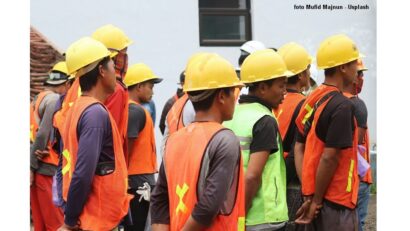Informal payments in public healthcare
Informal payments to physicians have long been a scourge engulfing the public healthcare system

Christine Leșcu, 17.07.2019, 13:19
Informal payments to physicians or, as we usually call them, bribes or “envelopes,” have long been a scourge engulfing the public healthcare system. According to an opinion poll run in 2013, over 60% of the Romanians said they had given money or presents to physicians. Of them, some 66% chose to reward healthcare staff of their own volition, whereas 31.4% were asked to make such payments. More than 57% of the interviewees believed giving money to physicians was necessary in order to receive quality care, whereas 42% of them said proper care did not depend on prior informal payments.
It was reluctantly and after long hesitation that the authorities eventually acknowledged this well-known and widespread practice, and only a few years ago did they begin to talk openly about it. At present the Healthcare Ministry sends a feedback form to the patients leaving public hospitals, asking them, among other things, whether they had been asked for undue payments.
A recent independent journalism project, called “Inclusive,” brought together the Healthcare Minister Sorina Pintea, and Florin Chirculescu, head of thoracic surgery with the Bucharest University Hospital, to talk with students and with former and future patients about bribe in hospitals. Admitting that this phenomenon is a fact, the Healthcare Minister believes hospital managers must be aware that it exists, if they are to take measures against it.
Sorina Pintea: “The first to know that this happens is the manager of a hospital. Everybody talks about it, everybody knows about it, but when you ask concrete questions, nobody says anything. For example, I’ve read the latest report based on patient feedback forms. One of the questions we ask people when they go out of hospital is, “Were you asked for money or presents by physicians and nurses?” We received 153 “yes” text messages, versus 4,265 that said “no”. Of the people who submitted the same form online, 400 answered yes, and 13,564 answered no. Another question was whether they were willing to report the bribe requests to the Ministry’s anti-corruption department. There were 120 former patients who texted back “yes”, as opposed to 4,166 who declined, whereas on the website we received 358 affirmative answers and 13,359 negative ones.”
What is it that makes people reluctant to admitting that they do give physicians the infamous envelopes? It may be a sense of complicity to an illegal act, or perhaps the feeling that this is about something for which we have no responsibility… Or, more likely, the idea that in the Romanian public healthcare system, patients and their relatives are victims in several respects: on the one hand, they are the victims of the disease that brings them to hospital, on the other hand, they are the victims of a vicious circle of corruption which started during the communist era, when connections and elaborate survival strategies were the prerequisites of a barely decent life, and which has grown stronger ever since. Public hospitals, more often than not obsolete, under-equipped and hardly up to minimal hygiene standards, only deepen people’s sense of insecurity and the need to counter possible risks by whatever means they can.
But perhaps the prevailing emotion in such situations is fear. And in turn, fear leads to further irrational responses. Eventually, if and when all ends well, people feel they must express their gratitude for the physicians. This blend of fear, uncertainty induced by a low-quality healthcare system and the wish to express some gratitude, fuels the common occurrence of bribe-giving.
But how are things perceived on the other side of the line? What do physicians feel, when they receive these tips? For a long while, the few who talked openly about it blamed it all on the small salaries. Which is not the case anymore, given that healthcare salaries have been substantially increased in recent years. And still, money still changes hands in hospitals. Surgeon Florin Chirculescu admits that he often accepted money, although he never made his services conditional on this.
Florin Chirculescu: “This happened when I was making 2,100 lei per month and mine was the only income in the family. And I was working 80 hours a week. So I was happy about the salary increases, about every pay raise physicians got, because each of them brought me closer to the freedom of saying ‘no’ to bribe and of believing what I say. I must admit that sometimes I turned down such informal payments, although I would have liked and needed them. It is hard to spend all your time in hospital and to live on 2,100 lei.”
Although he admits that when taking the money he felt shame, dr. Chirculescu says he could not resist the temptation, especially when there was a risk of upsetting the “donor”:
Florin Chirculescu: “I didn’t feel ok. I think my ears were burning, this is what I felt. Now, because I have the financial independence that allows me to see this with different eyes, something else happens: people seem disappointed if you turn them down. When you don’t take their money, people think it is because things are not going well for the patient in question. And if this happens in the presence of the patient, it’s even worse. I am not making excuses, it’s just a fact.”
This is why, dr. Florin Chirculescu explains, it is the duty of the healthcare staff to define their relationship with patients within an ethical framework:
Florin Chirculescu: “When a person is ill, they lose much of their freedom, much of their confidence in themselves and in the rest of the world. When they come to the doctor, a power relationship takes shape, with the physician in a power position. If, in this situation, a physician takes advantage of this—and I don’t mean necessarily money, but also ego and vanity—then that physician is a pig.”
Even if salaries have gone up, giving and receiving undue payments in hospitals is an occurrence that will take a while to do away with, Healthcare Minister Sorina Pintea believes:
Sorina Pintea: “I believe this phenomenon will not disappear very soon. If we promote this kind of message, that ‘in this hospital bribery is not accepted’, it may eventually take root in people’s minds. But it will take a while. Making physicians’ salaries public may also help. People know salaries have been raised, but they don’t know exactly how much. Hospitals have to post net incomes on their home pages, not by individual names, but by position and qualifications.”
Putting an end to corruption in the public healthcare system also depends on both patients and physicians being able to refrain from resorting to the dishonorable envelopes.
(translated by: Ana-Maria Popescu)






























